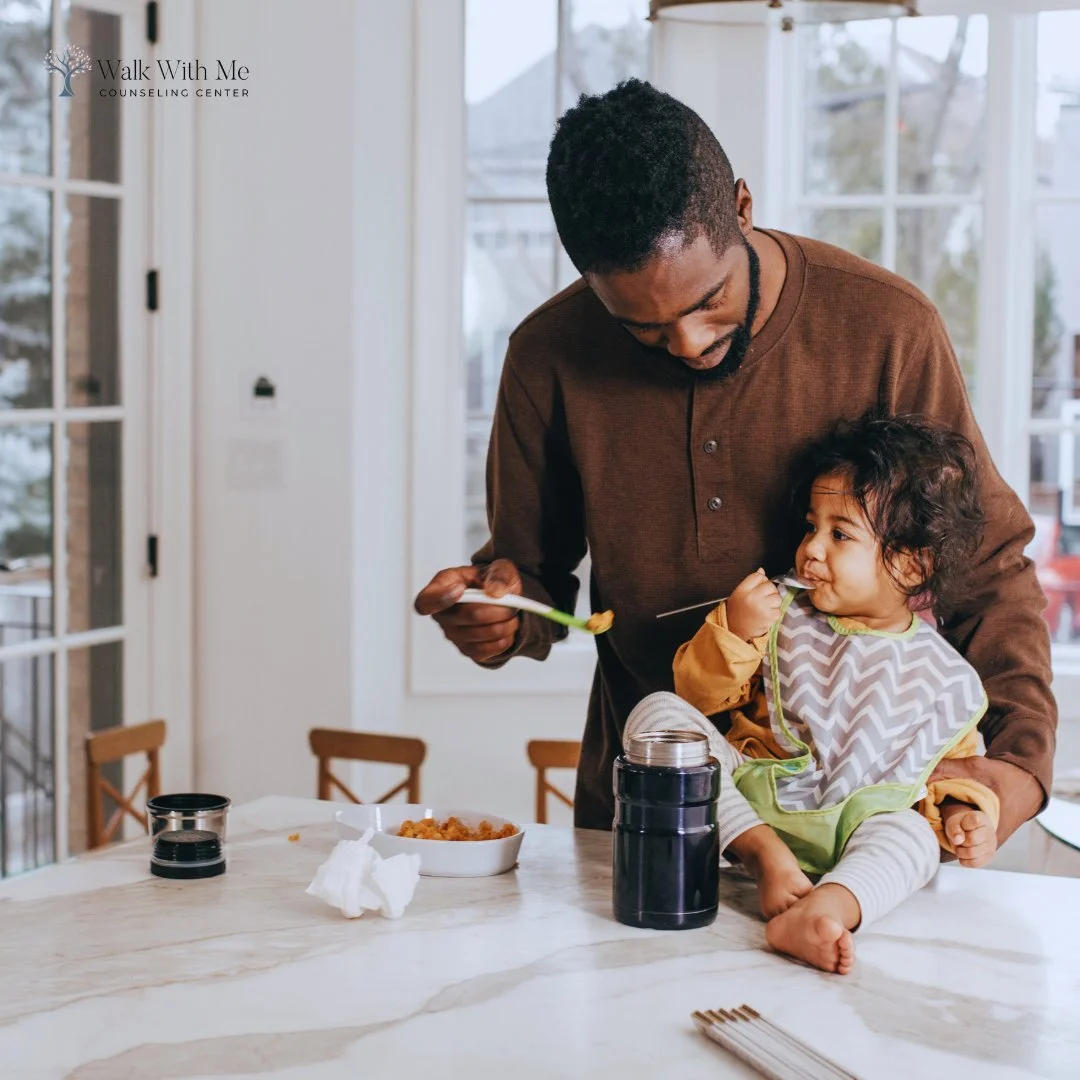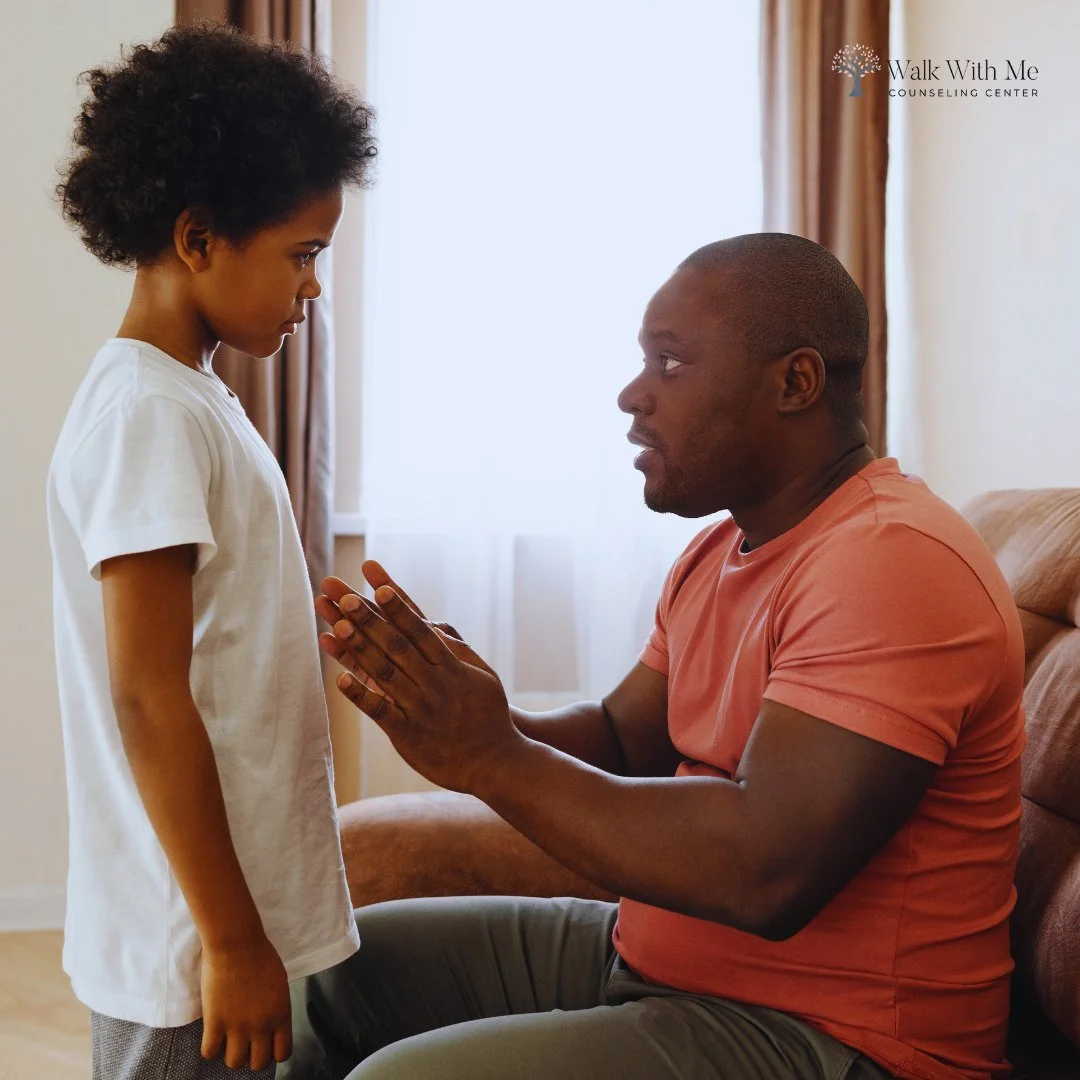Ready to take care of you?
Explore ways to grow, heal, and start moving toward the life you want
5 Practical Ways to Fast-Track Progress on Your Goals
Discover goal setting tips to achieve success faster. Learn 5 ways to fast-track progress in 2025 and unlock your strengths through action.
3 Ways to Build Resilience and Thrive Through Life’s Unexpected Turns
Resilience tips for 2025: Discover 3 ways to thrive, reframe setbacks, and build daily habits that strengthen your ability to face life’s challenges.
4 Powerful Ways to Strengthen Positive Thinking in 2025
Positive thinking in 2025: Discover 4 ways to build resilience, hope, and gratitude. Strengthen your mindset with proven strategies for daily life.
Rewriting Fear: How the Brain Learns to Create Safety
Fear and safety in the brain explained. Learn how extinction rewrites anxiety into resilience with therapy and support in Illinois.
5 Ways Your Partner Can Help You Find Calm in Heated Moments
Discover 5 ways your partner helps calm emotions and build stronger connections. Learn strategies for trust, empathy, and lasting relationships.
Finding Strength and Meaning in Difficult Times
Discover 3 ways to find strength and meaning in hard times. Walk With Me Counseling Center in Chicago offers virtual therapy across Illinois.
Beyond Helicopter Parenting: When Trauma Shapes the Way We Care
Discover helicopter parenting trauma signs and support tips. Learn how to build resilience, trust, and healing for parents and kids in 2025.
Beyond Clinics: Creative Belonging as Essential Youth Mental Health Care
Youth mental health support thrives in creative belonging. Discover why clinics alone aren’t enough and how safe spaces protect teens in 2025.
Success Without Burnout: How to Redefine Traits for a Healthier You
Learn 5 personality traits to redefine for success without burnout. Shift perfectionism, anxiety, and people-pleasing into healthier balance in 2025.
How to Truly Win at Life: Building Lasting Happiness and Fulfillment
Discover how life happiness and purpose work together to help you win the game of life. Follow 3 simple steps for meaning and joy in 2025.
Rewriting Your Story: How Memory Reconsolidation Helps You Heal and Grow
Learn how memory reconsolidation helps you rewrite your story, heal from trauma, and build resilience with 5 steps for growth and recovery.
Am I Unknowingly Toxic in My Relationship? Understanding Trauma, Triggers, and Healing
Discover 5 toxic relationship signs and trauma healing steps. Learn how triggers affect love and how therapy supports emotional safety in Illinois.
The Hidden Impact of Fathers’ Mental Health: 4 Ways Depression Shapes Children’s Lives
Explore 4 ways fathers’ mental health impacts children’s behavior, social skills, academics, and resilience. Support dads to strengthen families.
How to Stay in Love With Life: 4 Courageous Ways to See the World Anew
Discover 4 courageous ways to stay in love with life. Learn how curiosity, reflection, and openness can bring resilience, joy, and meaning daily.
Finding Lasting Joy: 4 Research-Backed Ways to Enrich Your Life
Discover 4 research-backed strategies to bring more joy in life. Learn how to nurture fulfillment, resilience, and emotional well-being daily.
How to Set Boundaries with Narcissistic Behavior in Relationships: Reclaim Your Peace
Learn 7 steps to set boundaries with narcissistic behavior in relationships. Protect your peace, rebuild self-worth, and create healthy connections.
Narcissistic Personality Disorder vs. Narcissistic Traits: Understanding the Clinical Difference
Learn the 9 signs of Narcissistic Personality Disorder vs narcissistic traits. Understand differences to protect mental health and relationships.
Breaking Free from Rigidity: How to Become More Flexible in Life
Flexibility tips: 5 ways to overcome rigidity in life. Learn how to adapt, grow, and improve mental health with strategies from Walk With Me Counseling Center.
Choosing Hope in Uncertain Times: Lessons on Resilience and Renewal
Discover 5 practices for resilience and hope in uncertain times 2025. Learn how to anchor in the present, reframe rejection, and find strength in adversity.
When Parents Heal, Children Flourish: Turning Vulnerability into Strength
Discover 5 ways parenting with vulnerability helps kids thrive in 2025. Build family connection, resilience, and mental health with strong support.




















